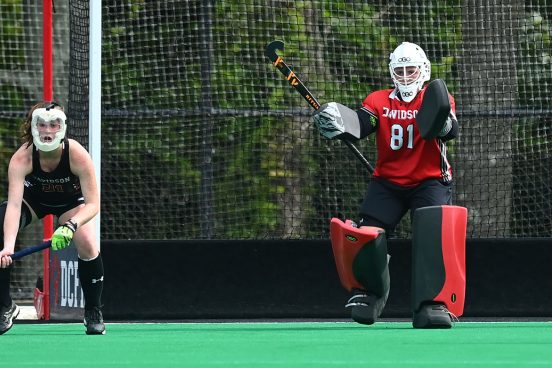Duke MQM Student Blog

How I Apply Classroom Learnings in My Investment Management Career
The MQM program prepared me to tackle interesting investment challenges at work and the wide array of opportunities that would be available to me upon graduation.

I came to the MQM program knowing that I am passionate about financial markets and dedicated to pursuing a career in investment management. It was not the typical career path that many other students from the program had in mind, however, I was very adamant about forging my own destiny.
Fast track to today, I am working as a quantitative researcher for a systematic global macro fund at Newton Investment Management (a subsidiary of BNY Mellon). On the Multi-Asset Solutions team, we collectively manage approximately $20 billion in assets for institutional and wealth management clients globally. The MQM program has equipped me, a graduate of the finance track, with the skills that empower me to be successful at work.
As a researcher, my recent focus has been on tail risk hedging solutions for portfolios that are exposed to large and sharp S&P 500 drawdowns. This covers scenarios such as the Lehman Bankruptcy and the COVID-19 pandemic, in which the fear instilled in market participants consequently triggered volatile downside price reactions in the equity market.
In order to hedge such risks, I need to use Python or R to conduct analyses that could help me determine how each of the proposed strategies performed during historical shocks. The framework includes calculating descriptive statistics such as standard deviation and value at risk (VaR), visualizing drawdowns on time series plots, understanding option premium’s sensitivity to various inputs, etc. These were exactly the skills I picked up during my Applied Probability and Statistics class, Derivatives class, and Intermediate Finance class (Intro to Asset Management) at Fuqua. Of course, there are more advanced techniques that we also apply in the due diligence process, however, the foundation that I built during the program ensures that I know just enough to broaden my technical skills through post-degree self-education.
Speaking of self-education, this job allows me to spend a significant amount of time reading and digesting academic literature. A few months ago, I conducted research on potential drivers of trend following strategy returns. Surprisingly, I came across a paper authored by my former professor David Hsieh. The paper was actually on our recommended readings list when I took David’s Financial Risk Management class. I wish I had invested more effort in reading the paper when I was studying in his class, but thanks to the MQM program, I am able to stay in touch with David and revisit the paper with him in detail.
The MQM program prepared me to tackle interesting investment challenges at work and the wide array of opportunities that would be available to me upon graduation. My advice to anyone considering the program is to think outside of the box and truly pursue a career that is meaningful and gives you a sense of purpose. Good luck on this exciting journey!



